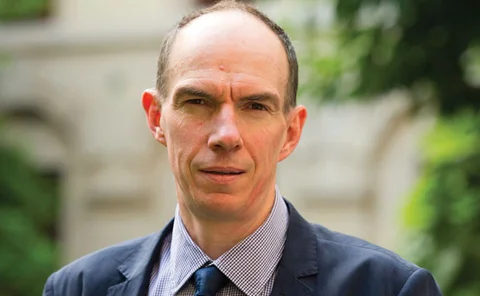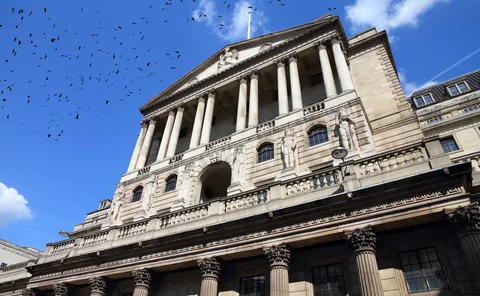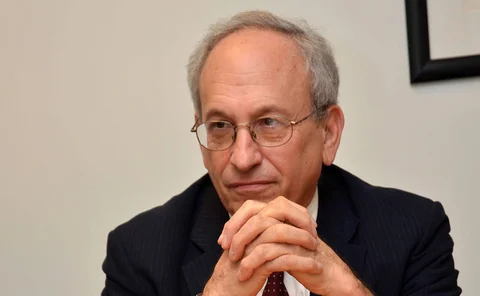Risk
BoE’s Ramsden calls time on Libor use
Deputy governor says progress on transition to Sonia benchmark needs to accelerate
Climate change – Where can central banks contribute?
Climate change is becoming increasingly important to central banks thanks to its implications for financial stability. In a forum sponsored by Amundi, Central Banking convened a panel of experts to discuss the latest innovations, regulations and…
Sponsored forum: Climate change – Where can central banks contribute?
This webinar examines how reserve managers and those responsible for official sector portfolios can tackle the challenges climate change poses in the modern investment paradigm
Can central bankers turn finance green?
The Network for Greening the Financial System aims to bring about fundamental change. The central bankers who created it made a strong start but face serious challenges.
Narrow bank TNB hits back at Fed regulatory proposal
Fed overreaching by attempting to rewrite its chartering authority, TNB says; investment firm DE Shaw also reveals intentions to launch a narrow bank
A powerful new force – Central banks and climate-related risks
Increasing global concern about climate change is causing central banks to take notice of the issue and its potential implications. Frédéric Samama, head of institutional client coverage at Amundi, examines the findings of Central Banking’s survey on…
The calm before the storm – The climate change 2019 survey
As climate-related risks to the financial sector become increasingly understood, central banks are demonstrating their willingness to develop capabilities to analyse the impact and modify their policies. A new survey indicates a watershed for central…
BoE makes climate risk a hot topic for banks
Financial institutions must entrust oversight of climate risk to named individual under senior managers regime
A climate of change
Central banks are striving to take practical steps to tackle climate change risks. Can they succeed?
BIS’s da Silva says climate change is an ‘epistemological break’
Climate change is starting to revolutionise investors’ thinking about risk, says deputy chief
RBI toughens liquidity rules for non-banks in wake of 2018 stress
Default by IL&FS triggered liquidity problems across financial markets
BoE may impose capital floors on UK firms – PRA chief
Sam Woods says some leveraged loans are based on “heroic” risk assumptions
Powell plays down fears about record levels of corporate debt
Fed chair’s remarks strike similar chord to those of Ben Bernanke in 2007, but Powell says this time is different
New Zealand banks attack RBNZ capital proposals
Central bank proposal would almost double banks’ minimum capital requirements
Israeli banks and households resilient to higher rates and unemployment
Housing market withstands adverse scenarios in macroeconomic stress test
How Singapore manages its reserves
MAS managing director Ravi Menon explains Singapore’s total approach to reserve management, which includes the use of customised fixed income benchmarks and tapping into external investment expertise
Don Kohn offers advice on macro-pru under uncertainty
BoE looks at wide range of indicators but could still do more, FPC member says
New IMF data reveals non-banks drive capital flows when global risks rise
Evidence can be used to analyse how changes in industry mix can impact capital flow volatility, researchers say
Risk of hitting ZLB in next three years is low – San Francisco Fed paper
ZLB should not be a concern for monetary policy at this stage, researcher says
BoE to scrutinise banks’ op risk tolerance limits
Watchdog says banks must prove they can stick to tolerance limits; cyber stress test planned
HSBC hires BoE’s cyber risk chief
Watchdog’s CISO will serve as UK bank’s first head of resilience risk
HKMA unveils measures to combat climate change risks
HKMA will be government’s representative in a potential HK$100 billion green bond offering
Draghi dismisses crypto assets
ECB head describes bitcoin as “very, very risky”
Fed proposes expanding netting protection eligibility
Move reflects changes to industry landscape since the 2008 financial crisis























